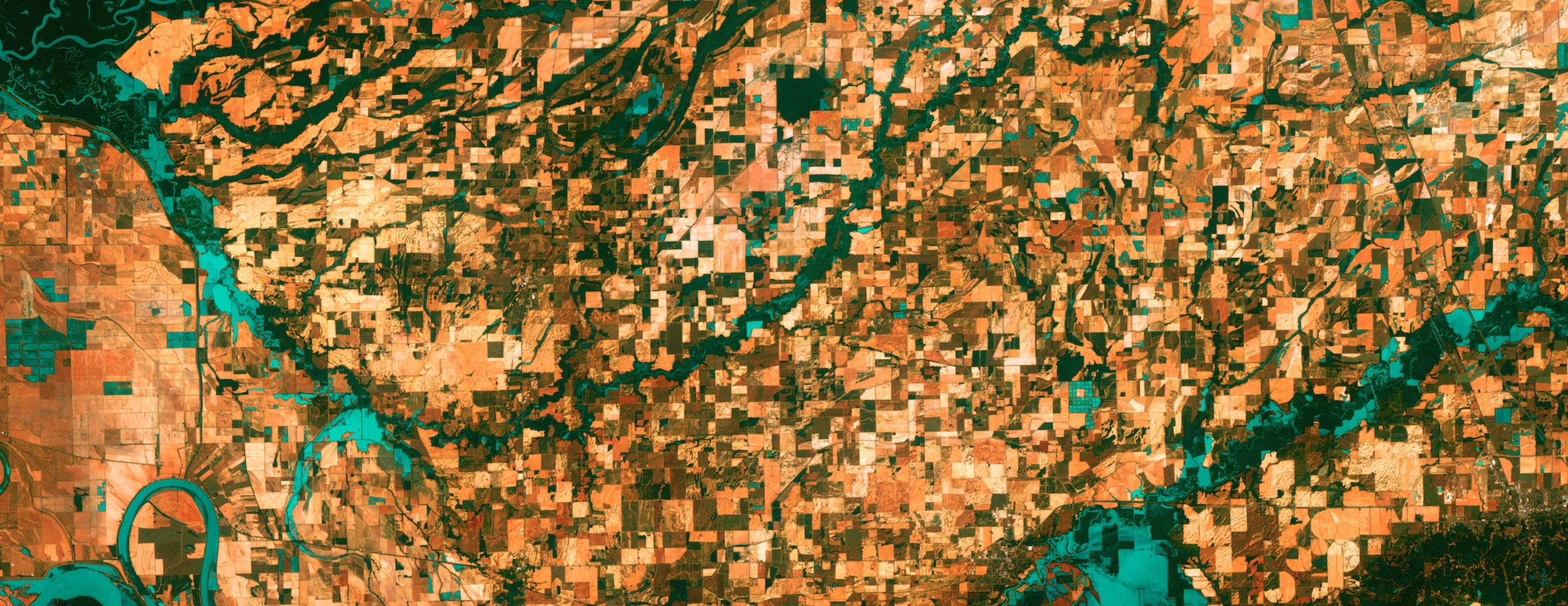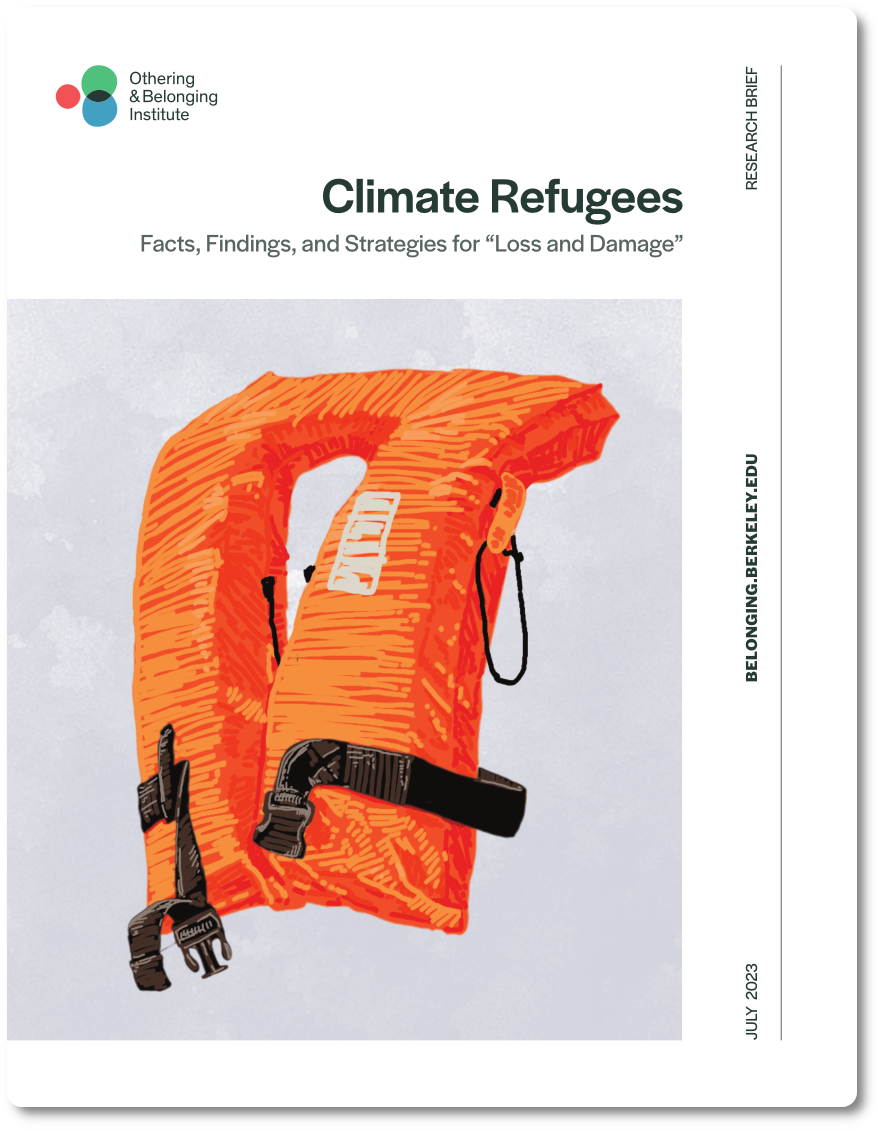Despite the growing consensus among climate scientists and international governing bodies that forced migration is an effect of climate change, and although the expression “climate refugees” is often used to describe climate-induced migration across international borders, the term is not part of international law. Specifically, the premier comprehensive and legally-binding tool for displaced persons, the 1951 Convention Relating to the Status of Refugees, does not explicitly recognize climatic and other environmental factors as criteria to define who is a refugee. As a result, protections for climate-induced displaced persons forced to cross international borders are limited, piecemeal, and not legally binding.
Watch our report launch event here
The questions this brief aims to answer are: How might civil society, policymakers, and other stakeholders across the globe advocate for guaranteed protections for climate-induced displaced persons within international refugee law in ways that support and are supported by the fights for climate reparations and just transitions? And how might the newly established “loss and damage” fund be a vehicle for such joint efforts? To answer these questions, this brief grapples with a common doctrinal objection to calls for reparations in general: the difficulty of identifying perpetrator and victim groups.
Collectively, this research brief holds Global North countries, institutions, and industries as culpable for the climate crisis and asserts that action on their part is essential to mitigating the crisis of climate-induced displacement by ensuring the safe resettlement of climate refugees, and fostering diversified climate-resilient economies and just transitions across the Global South and Global North alike.



